Mary Helen Barcellos-Hoff
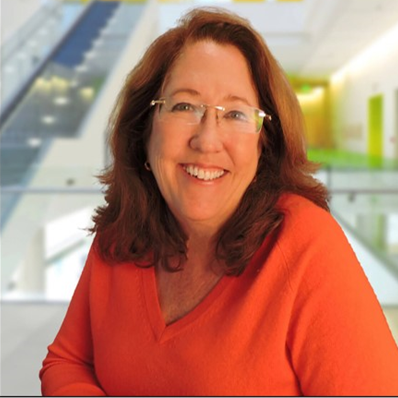
Dr. Mary Helen Barcellos-Hoff is the Wun-Kon Fu Endowed Chair in Radiation Oncology, Professor and Vice Chair of Research in Radiation Oncology at the University of California, San Francisco. Dr. Barcellos-Hoff’s laboratory investigates ionizing radiation’s action as a carcinogen and as a therapeutic. She developed a novel mouse model to evaluate how non-targeted radiation effects, dose, quality and age at exposure affect cell and tissue interactions that modulate mammary carcinogenesis. She identified radiation-induced systemic inflammation as a major contributor to the development of more aggressive breast cancer intrinsic molecular subtypes arising in irradiated women and mice. Regarding radiotherapy, she discovered that TGFβ is a critical regulator of DNA damage response, a cell survival factor in innate immunity, and as a mechanism of radiotherapy and immunotherapy resistance that can be used to stratify patients and targeted for better outcomes. Dr. Barcellos-Hoff received her undergraduate degree from the University of Chicago and earned a doctorate in experimental pathology from the University of California, San Francisco. She led NASA program projects and research into heavy charged particles for two decades and is currently funded by the National Cancer Institute and biopharma.
Jing Chen
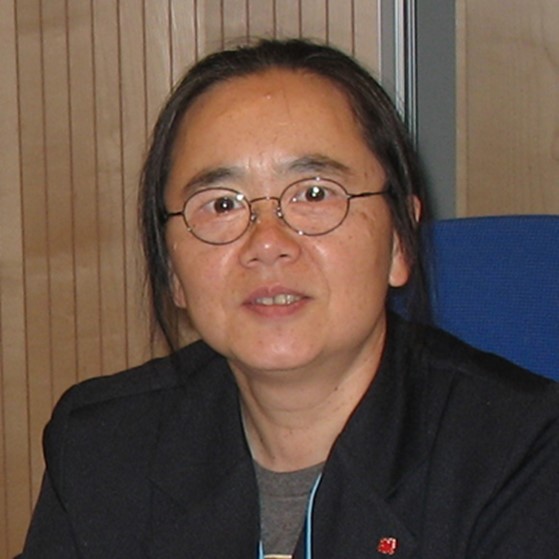
Dr. Jing Chen obtained a doctoral degree in health physics from the University of Würzburg, Germany in 1992. Her research activities and expertise are in the areas of external and internal dosimetry and microdosimetry, radiation protection and management, radiation health risk assessment, and radiological impact on the environment. She has authored and co-authored more than 190 publications in broad areas of radiological impact assessment, radiation protection and measurement. Dr. Chen joined the Canadian delegation to United Nations Scientific Committee on the Effects of Atomic Radiation (UNSCEAR) in 2011, served as Vice Chair of UNSCEAR between 2019 and 2021, and as the Chair of UNSCEAR from 2022 to 2024.
Jiade J. Lu
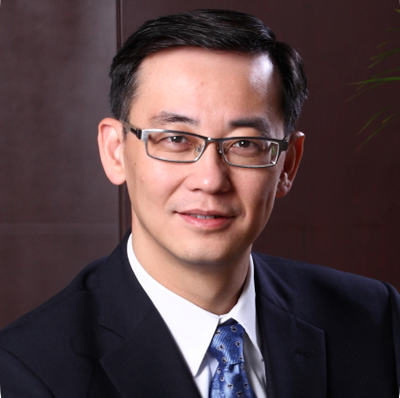
Jiade Lu is the vice president of Heyou International Hospital (HIH), Director of HIH Proton & Heavy Ion Center, Head of Comprehensive Cancer Center. Dr. Jiade J. Lu is an expert in the field of head and neck oncology.He obtained his M.D. from the Medical School of the State University of New York (SUNY) at Buffalo, and his M.B.A. from both the University of California, Los Angeles (UCLA) and the National University of Singapore. After his specialized training in radiation oncology at the University of Miami Jackson Memorial Hospital, Dr. Lu started his academic career at the National University Hospital (NUH), Singapore as a radiation oncologist. In 2010, he was appointed the Head of the Departments of Radiation Oncology of the National University Health System and the National Healthcare Group, Singapore. In 2012, he was appointed the Vice Chairman of the Medical Board of NUH for R&D. In February 2014, he accepted the appointment as the Executive President and started his endeavour at the newly established Shanghai Proton and Heavy Ion Center. He joined the Heyou International Hospital in March 2022, and is currently the Vice President of the hospital, the Director of the Heyou Comprehensive Cancer Center, and the Director of the Heyou Proton and Heavy Ion Center. Dr. Lu has published 14 books and 180 peer-reviewed articles in the field of oncology.
Björn Schumacher

Björn Schumacher is full professor and director of the Institute for Genome Stability in Ageing and Diseases (IGSAD) at the CECAD Research Centre of the University of Cologne. He received his PhD at the Max Planck Institute for Biochemistry in Munich and conducted his postdoctoral research as EMBO and Marie Curie fellow at the Erasmus Medical Centre in Rotterdam. Professor Schumacher is President of the German Society for DNA Repair (DGDR), co-Director of the Minerva Center of the Biological Mechanisms of Healthy Ageing at Bar-Ilan University (IL), and between 2014 and 2020 served as President of the German Society for Ageing Research (DGfA). Since 2023, Schumacher is speaker of the DFG Research Unit FOR 5504 on “Physiological causes and consequences of genome instability”. He was awarded with the Eva Luise Köhler Research Prize, the Innovation Prize of the State of North Rhine-Westphalia, the European Research Council (ERC) grant, coordinated the FP7 Marie Curie initial training network on chronic DNA damage in ageing (CodeAge) and served on several editorial boards. His research interest focuses on the molecular mechanisms through which DNA damage contributes to cancer development and ageing-associated diseases. Employing the C. elegans system and mammalian disease models, his group uncovered cell-autonomous and systemic responses through which the organism adapts to accumulating DNA damage with ageing. Through the understanding of the basic mechanisms of genome instability-driven ageing, Schumacher aims to contribute to the development of future strategies to prevent ageing-associated diseases.
Michael M. Weil
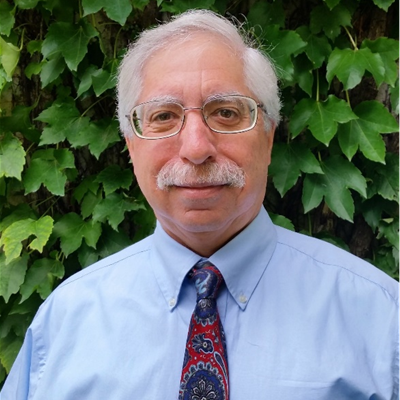
Michael M. Weil is a professor in the Department of Environmental and Radiological Health Sciences at Colorado State University (CSU). His research, which takes advantage of murine models of radiation carcinogenesis and leukemogenesis, is focused on understanding how radiation exposure can lead to cancer and why some individuals may be more susceptible than others. At CSU, Dr. Weil teaches a graduate level course in cancer genetics and lectures in courses on cancer biology, environmental carcinogenesis, principles of radiation biology, and the pathobiology of laboratory animals. Dr. Weil earned his PhD in microbiology from the University of Texas at Austin and was trained in cancer genetics and radiation biology in the Department of Biochemistry and Molecular Biology Biochemistry and the Department of Experimental Radiotherapy at the University of Texas M.D. Anderson Cancer Center. He is an NCRP council member, co-authored NCRP Commentary No. 23 and Report 186 and served as Co-Chair of Scientific Committee 1-27. He also served as Deputy Director and Director of the NASA Specialized Center of Research on Carcinogenesis.
Shigeru Yamada
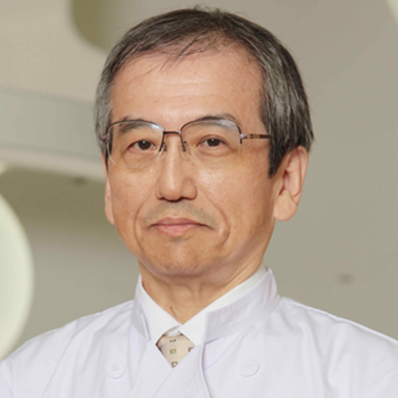
Dr. Shigeru Yamada is the director of QST Hospital, National Institutes for Quantum Science and Technology. The research field of Dr. Shigeru Yamada is heavy-ion radiotherapy and radiation biology.
Wei Zhang
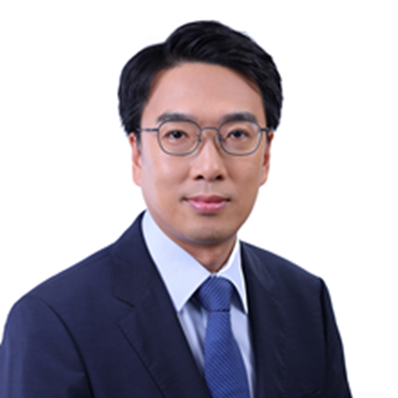
Dr. Zhang Wei is the Director of the Application Development Center of the Space Application Engineering and Technology Center of the Chinese Academy of Sciences, a doctoral supervisor, and the Assistant Chief Commander of the manned spaceflight engineering space application system. He is also the Deputy Chairman of the Microgravity Special Committee of the Chinese Space Science Society and the Standing Council Member of the Space Materials Science and Technology Branch of the Chinese Materials Research Society. Dr. Zhang has long been engaged in research on the development strategy, task demonstration, and new space technology research of manned space science and applications. He has participated in the formulation of China's medium and long-term development plan for manned spaceflight, the national space science "14th Five-Year" plan, and the strategic research on building a powerful aerospace country. He has organized and completed the implementation plan for the application and development engineering tasks of China's manned space station, proposed a systematic and institutionalized space station application task plan covering more than ten disciplinary directions, and organized and completed the selection of the first, second, and third batches of scientific and applied projects during the space station construction phase and the selection of the first batch of scientific and applied projects during the application and development phase. Dr. Zhang has published more than 50 academic papers on the development strategy of space applications and new space technologies and has received one national defense science and technology progress award.
More to come……
